Creating concrete countertops offers a unique opportunity to customize the color and design to suit your aesthetic preferences and complement your space. One crucial aspect of this process is the concrete countertop color mix, which involves blending pigments and additives to achieve the desired hue and texture. Below are different factors to consider when choosing and mixing colors for concrete countertops.
Pigments and Additives: Pigments are the primary coloring agents used in concrete countertop mixes. They come in various forms, including powdered, liquid, and integral pigments. Additionally, additives such as oxides, stains, and dyes can be incorporated to enhance color depth and variation.
Color Options: Concrete countertops offer a wide range of color options, from earthy neutrals to vibrant hues. Popular choices include shades of gray, white, beige, brown, and black. Additionally, custom colors can be created by blending different pigments and additives.
Natural vs. Synthetic Pigments: When selecting pigments for your concrete countertop mix, consider whether you prefer natural or synthetic options. Natural pigments, derived from minerals and oxides, offer earthy tones and subtle variations. In contrast, synthetic pigments provide a broader range of colors and precise control over hue intensity.
Testing and Samples: Before committing to a specific concrete countertop color mix, it’s essential to test different pigments and additives to achieve the desired shade and texture. Create sample batches of concrete with varying pigment concentrations and observe how they cure and interact with the surrounding environment.
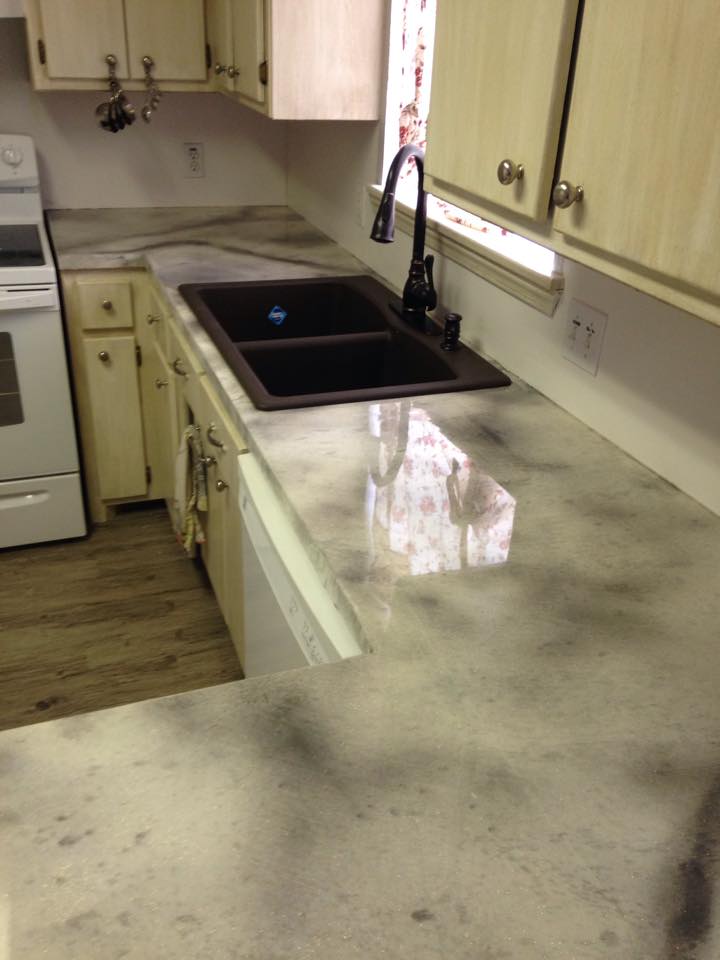
Color Consistency: Achieving consistent color throughout the concrete countertop is crucial for a cohesive and professional-looking finish. To ensure color consistency, measure and mix pigments and additives accurately according to manufacturer guidelines. Additionally, maintain consistent mixing and pouring techniques throughout the casting process.
Effects of Cement Type: The type of cement used in the concrete mix can influence the final color of the countertop. Portland cement, the most common type, tends to produce gray tones, while white cement yields lighter shades. Consider the desired color outcome when selecting the appropriate cement type for your project.
Surface Finish: The choice of surface finish, such as polished, honed, or textured, can affect the appearance of the concrete countertop color mix. Polished surfaces tend to enhance color depth and shine, while honed or textured finishes may appear slightly muted or varied in color.
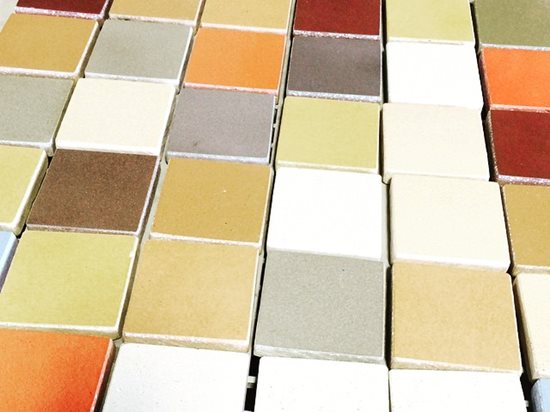
Lighting Conditions: Take into account the lighting conditions in your space when selecting concrete countertop colors. Natural light and artificial lighting sources can impact the perception of color, highlighting certain hues and tones. Consider how the countertop will appear under different lighting conditions throughout the day.
Sealers and Enhancers: Sealers and enhancers play a crucial role in protecting and enhancing the color of concrete countertops. Choose a high-quality sealer specifically designed for concrete surfaces to protect against stains, moisture, and UV damage. Additionally, enhancers can deepen and enrich the color of the countertop while providing a glossy or matte finish.
Maintenance and Durability: Proper maintenance is essential for preserving the color and appearance of concrete countertops over time. Clean spills promptly with mild soap and water to prevent staining, and avoid abrasive cleaners that can damage the sealant and pigments. Periodically reapply sealant to maintain protection and color vibrancy.
Customization Options: Concrete countertops offer endless customization options, allowing you to create unique colors, patterns, and textures to suit your style. Experiment with different pigment combinations, aggregates, and decorative additives to achieve your desired aesthetic.
Environmental Considerations: When selecting pigments and additives for your concrete countertop color mix, consider their environmental impact and safety. Choose non-toxic, low VOC (volatile organic compound) options that are safe for indoor use and eco-friendly.
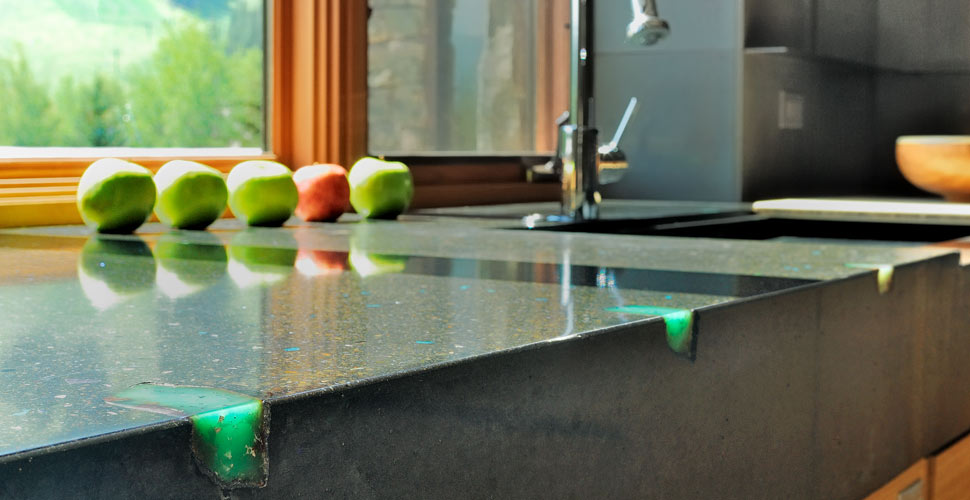
Budget and Cost: The cost of pigments, additives, and other materials for concrete countertop color mix can vary depending on quality and quantity. Consider your budget and project requirements when selecting materials, and prioritize quality to ensure a durable and visually appealing finish.
Consultation and Expert Advice: If you’re unsure about choosing and mixing colors for your concrete countertop, consider consulting with a professional concrete contractor or designer. They can provide expert advice, recommendations, and assistance throughout the color selection and mixing process.
Personalization and Creativity: Concrete countertop color mixing is a creative process that allows for personalization and expression. Embrace the opportunity to experiment with different colors, techniques, and finishes to create a one-of-a-kind countertop that reflects your style and personality.

Can I change the color of an existing concrete countertop?
Yes, it’s possible to change the color of an existing concrete countertop using stains, dyes, or overlays. However, the effectiveness of color change depends on factors such as the current color, surface condition, and desired outcome. Consult with a professional for personalized recommendations and techniques.
How do I prevent color variations in my concrete countertop?
To minimize color variations in concrete countertops, ensure accurate measuring and mixing of pigments and additives according to manufacturer guidelines. Additionally, maintain consistent pouring and finishing techniques throughout the casting process, and control environmental factors such as temperature and humidity.
What is the best sealer for protecting the color of a concrete countertop?
The best sealer for protecting the color of a concrete countertop depends on factors such as the desired finish, level of protection, and environmental considerations. Choose a high-quality sealer specifically designed for concrete surfaces, and follow manufacturer instructions for application and maintenance.
Can I achieve a specific color with concrete countertop mix?
Yes, you can achieve a specific color with concrete countertop mix by using pigments, additives, and custom blending techniques. Experiment with different pigment concentrations and combinations to achieve the desired hue and intensity, and conduct test batches to ensure color accuracy before casting the countertop.
Are there any eco-friendly options for coloring concrete countertops?
Yes, there are eco-friendly options for coloring concrete countertops, including natural pigments, low VOC additives, and water-based stains. Choose non-toxic, environmentally friendly materials that are safe for indoor use and minimize environmental impact.
Concrete Countertop Colors and Ideas Direct Colors
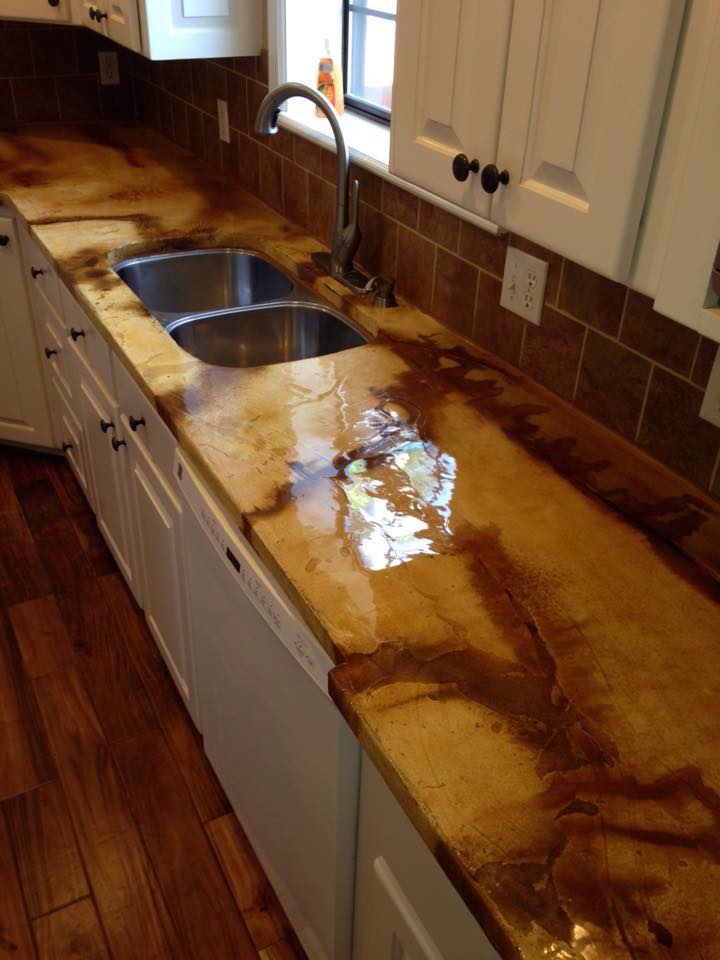
QUIKRETE Countertop Mix – Todayu0027s Homeowner
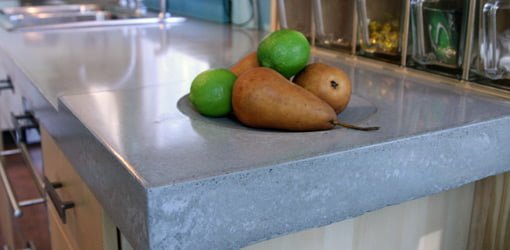
High-performance Mix Design for Concrete Countertops – Concrete Decor

Veining Concrete Countertop with White and Blue Pigments

Concrete Countertops Colors
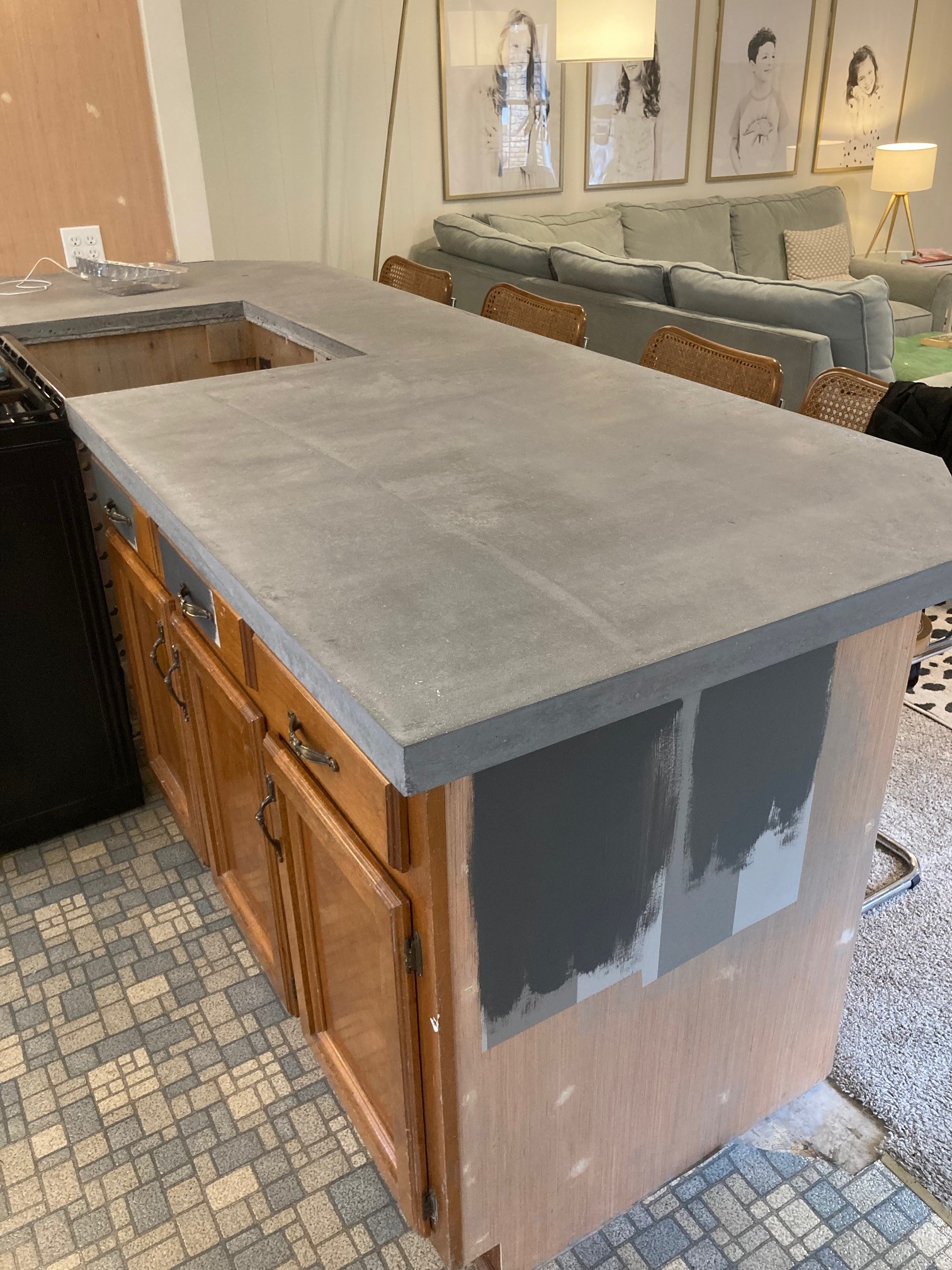
Concrete Countertop Color Chart Decorative Concrete of Virginia (VA)

Related articles:
- How To Stain Concrete Countertops
- DIY Concrete Countertop Mix
- Concrete Countertops Made Easy
- Concrete Countertop Overlay
- Black Concrete Countertops
- Marble Look Concrete Countertops
- Light Grey Concrete Countertops
- Concrete Countertop Design Ideas
- Light Colored Concrete Countertops
- Epoxy On Concrete Countertop